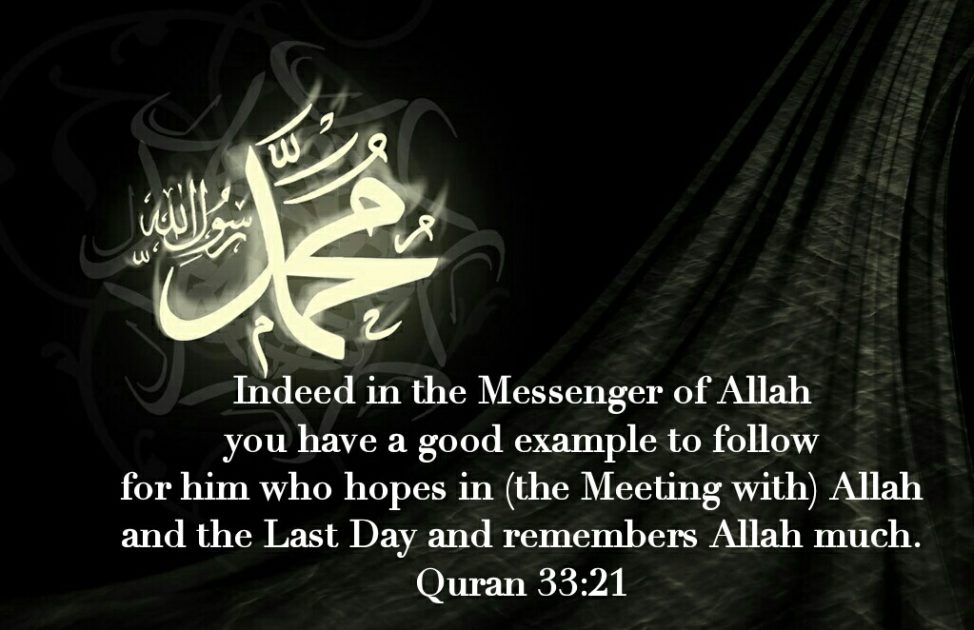Introduction:
Muhammad Mustafa, the last Messenger of God, dedicated his life to the exaltation of the divine message, ushering in a new era of monotheism and justice. His aims encompassed the eradication of idolatry, the establishment of a comprehensive legal and ethical framework, and the promotion of social equity. Within just 23 years of prophetic ministry, he fulfilled these monumental objectives, laying the groundwork for a vibrant and lasting faith.
At Umrah International, we recognize the spiritual significance of this legacy as pilgrims journey to the sacred sites of Islam. Our services are designed to facilitate a meaningful Umrah experience, helping you connect deeply with the teachings of the Prophet and the history of Islam. Join us as we explore the profound moments surrounding the death of Muhammad, the implications of his life, and how we can honor his memory today.
The Final Days of the Prophet: A Foreshadowing of Departure
The Revelation of Surah Nasr
As Muhammad’s ministry drew to a close, he received a profound revelation in Surah Nasr, which signified that his mission was nearing completion. This chapter instilled in him a deep sense of spirituality and devotion, compelling him to prepare for his inevitable return to his Creator.
The Farewell Pilgrimage
During the Farewell Pilgrimage, held on the 9th of Dhil-Hajj, 10 A.H., Muhammad delivered a poignant address, hinting at his imminent departure. His words, “Perhaps, this is my last Hajj,” resonated deeply with the tens of thousands of pilgrims present, marking a pivotal moment in Islamic history. This gathering underscored the importance of unity among Muslims and the responsibility of each individual to uphold the teachings of Islam.
Encounters with Companions: The Weight of Responsibility
Messages to the Ummah
On significant occasions, Muhammad openly discussed his mortality with his companions, expressing his readiness to meet his Lord. His heartfelt connection with his followers exemplified the profound bond between the Messenger and his community, serving as a reminder of the trust placed in them to carry forth his teachings.
The Cemetery Visit
In a reflective moment, Muhammad visited the cemetery of Al-Baqi, addressing the deceased with words of comfort and empathy. His visit encapsulated his awareness of the transitory nature of life, emphasizing the importance of faith and the afterlife.
The Illness and Final Days of the Prophet
The Onset of Illness
The beginning of Muhammad’s illness was marked by a severe headache and fever, gradually rendering him weaker. Despite his suffering, he continued to fulfill his obligations, leading prayers and offering guidance to his followers.
Aisha’s Concern
The Prophet’s interactions with his wife, Aisha, during his illness were both tender and revealing. Their exchanges highlighted not only the depth of their relationship but also the human side of the Prophet, as he expressed concerns about her well-being even in his moments of pain.
Final Addresses to the Ummah
As the end drew near, Muhammad made a final address to his followers, imparting wisdom about unity and loyalty within the Muslim community. His reminders about the dangers of idolizing his grave resonate with the importance of maintaining the essence of monotheism.
The Transition: Preparing for Departure
The Call for Ali and Final Instructions
In his last moments, Muhammad called upon Ali ibn Abi Talib, sharing intimate instructions regarding his burial and the settling of debts. This personal touch emphasized the significance of trust and responsibility in leadership, leaving a legacy for future generations.
The Last Moments
On the first of Rabi al-Awwal, 11 A.H., the Prophet experienced a deep sense of restlessness, echoing the inevitability of his passing. His final words expressed a longing for the companionship of Allah, encapsulating the essence of his faith.
The Burial of the Prophet: A Solemn Occasion
The Washing and Shrouding
The burial of Muhammad was marked by simplicity and profound respect. With only a few close companions present, Ali washed the body, prepared it for burial, and laid it to rest. This intimate farewell contrasted sharply with the grandeur typically associated with prominent leaders, underscoring the humility of the Prophet.
The Absence of a Grand Funeral
As the Prophet was laid to rest, the political landscape began to shift. The hastiness of the companions to establish leadership overshadowed the mourning of their beloved Messenger. This juxtaposition speaks volumes about the challenges faced by the nascent Muslim community in the aftermath of Muhammad’s death.
Legacy of the Prophet: A Call to Action
Upholding the Teachings
The teachings and values imparted by Muhammad continue to guide millions around the world. His emphasis on justice, compassion, and unity remains vital in today’s world, serving as a foundation for personal and communal growth.
Umrah International’s Commitment
At Umrah International, we are dedicated to preserving the legacy of the Prophet through our services. We strive to provide a holistic and enriching pilgrimage experience, allowing you to walk in the footsteps of those who revered him. Our commitment to facilitating this spiritual journey is rooted in honoring the principles he championed.
Conclusion:
The death of Muhammad, the Messenger of God, marked a turning point in Islamic history, yet his teachings endure, inspiring countless individuals to seek truth, justice, and spirituality. As we reflect on his life and contributions, let us commit ourselves to embodying his values in our daily lives.
At Umrah International, we invite you to embark on a transformative journey that honors the legacy of Muhammad. Together, let us explore the depths of faith, unity, and devotion, ensuring that his message continues to illuminate the path for generations to come. Join us in embracing this sacred journey and discovering the profound impact of the Prophet’s life on our own spiritual quests.
















